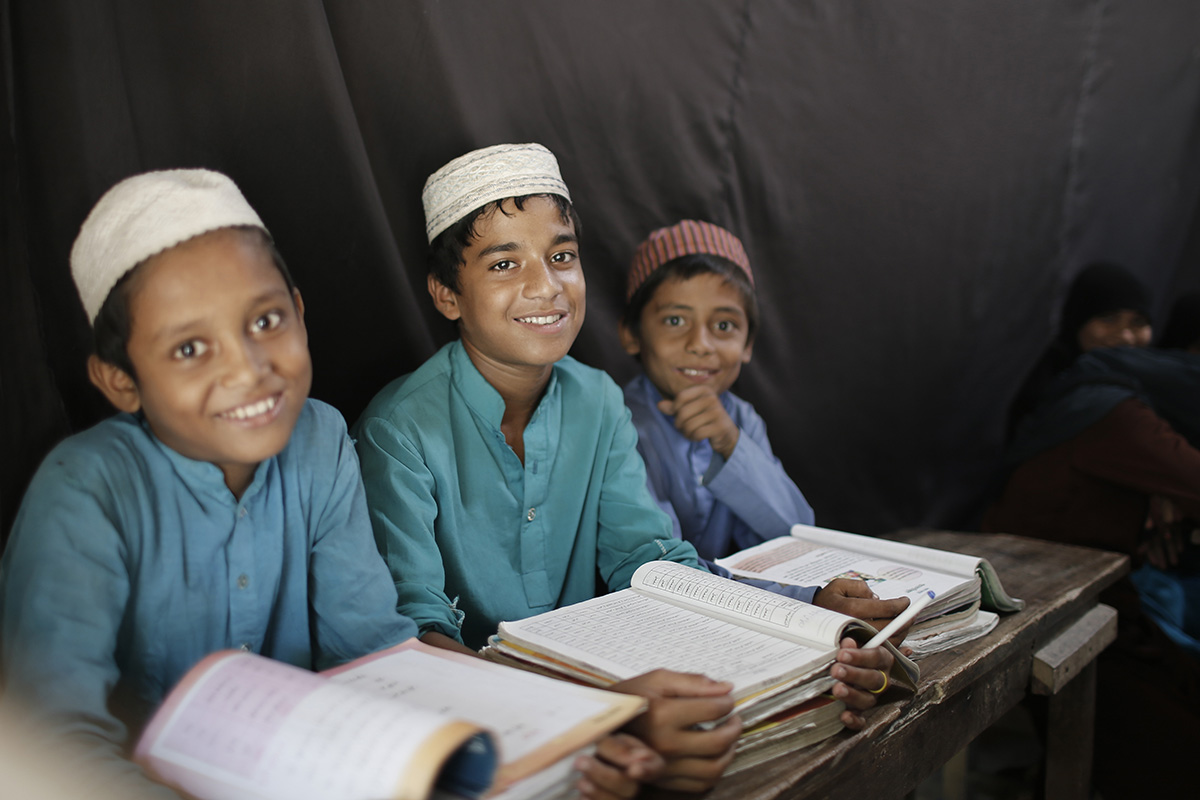5 Reforms for the Muslim world beginning this Ramadan
March 10by Monica Islam
As the month of Ramadan begins, there is a renewed vigor in the Muslim community worldwide to achieve peace and unity, to spread happiness and love, and to be mindful of a Superior Being. It is also a time for introspection. Although reformation of the Muslim world is not on the top of the list of many Muslims during this month, it is becoming inevitable to focus on making the community more inclusive. Read on to find out the five reforms that are urgently needed, and why.
1. Religious Literalism
What works in one context may not work in another. What worked “1,400 years ago” may not work now. If it did, we would still be clinging to audio cassettes, floppy disks, and mainframe computers. Maajid Nawaz, author of the book Radical, aptly says, “We Muslims must admit there are challenging Koranic passages that require reinterpretation today. Only by rejecting vacuous literalism, are we able to condemn, in principle, ISIS-style slavery, beheading, lashing, amputation, and other medieval practices forever (all of which are in the Quran).” A few Muslim commentators even suggest that we start seeing certain passages of the Quran as fallible, and not divine.
2. Over-Dependence on Scholars
Whenever I have tried speaking up against extremist websites, such as Islamqa.com, one of the most common responses I have received, sometimes from influential educated youth leaders, is “Scholars have dedicated their lives to studying theology and hence, we ordinary citizens must always remember that we have limited knowledge. Scholars have preserved the religion from impurities.” And yet, many Muslims will brag that there is no “class system” or “hierarchy” in Islam. That might be true theoretically, but not in principle because eventually, scholars set the rules and the masses are expected to be obedient due to their supposed lack of knowledge.
3. Distinction between Spirituality and Governance
In The Foundations of Islaamic Studies course provided by Islamic Online University, which is very popular among religious youths of Bangladesh because of its tech-savvy approach, lecturer Dr. Bilal Philips taught that “believing in the Islamic caliphate system is a part of faith.” Imagine what it means for gullible youths when you tell them that they can be better Muslims if
they support Islamic caliphate system. This concept of an Islamic caliphate is the underlying principle for ISIS and many such criminal groups.
4. Tolerance for Other Religious / Ideological Groups
Some of my distant Muslim relatives (who are apolitical) often refer to Hindus as “Malu” and refrain from eating/drinking in their homes. In 2011, when a Holocaust exhibition was organized on the premises of a private university in Bangladesh, it was unofficially called-off after one day because of strong opposition from students and teachers alike. They asked, “Why not an exhibition showcasing the plight of Palestinians, or the 1971 War of Independence?” Anything, but not a Jewish exhibition! More recently, at least three atheist bloggers were hacked to death in a span of four months in Bangladesh.
5. Women’s Sexual and Reproductive Health
Among many other things, female genital mutilation must be outlawed and it should not be touted as an “honour for women”. When you say the practice is not obligatory but recommended or honorable, and when you attach a religious tag to the practice, there remains an indirect pressure on Muslims to accept it, even if they are unwilling, for “more rewards”. The same idea holds true for polygamy and child marriage, both of which can be detrimental to the physical and mental health of women.
Which is the prevalent ideology in your country and what reforms do you think are needed?
Disclaimer: The author does not intend to endorse any religious ideology. This article is written solely with a view to promote inter-religious understanding. It is not to be taken as an alternative to scholarly, religious discourse. It is also not meant to be a religious exegesis of any sorts.






